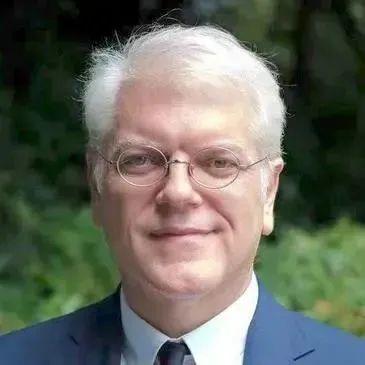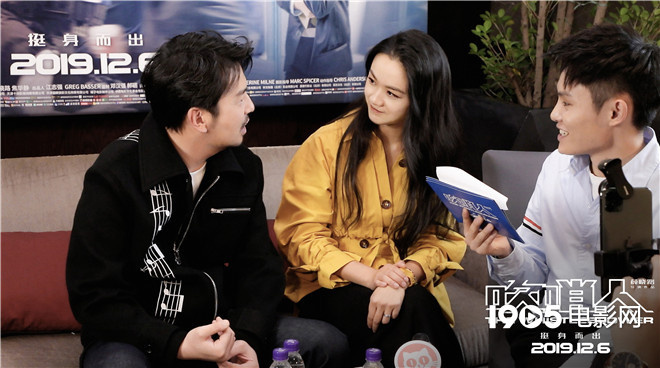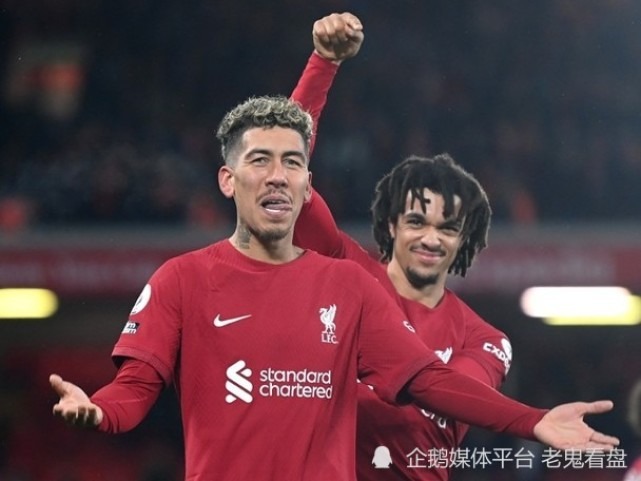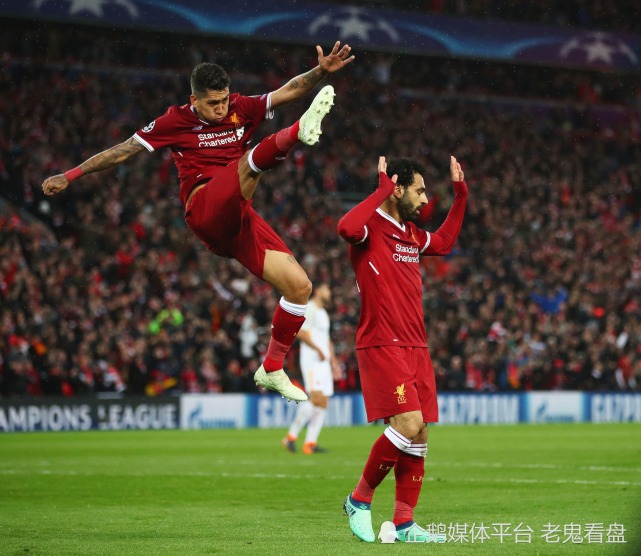Source: China Daily China Watch Think Tank
Introduction: From ancient times to the present, Chinese civilization has learned from others and nurtured excellent values that transcend history and keep pace with the times. Chinese culture pays attention to ideological integration, self-governance, inheritance and reference, seeking truth from facts, beauty and beauty, and integrates these elements into the way of governing the country. The rise of China will not pose a threat to other countries. On the contrary, it will promote broader security, promote greater development and help all mankind create a better future.

Author: Joseph Gregory Mahoney
(Josef Gregory Mahoney)
Executive Director, International Center for Political Studies, East China Normal University
Deputy Editor-in-Chief of China Journal of Political Science.
No civilization or culture in the world can draw nutrition from its own history completely; None of them can make progress completely according to their own ideas; No one can fully release the creative potential of the whole society and achieve complete social justice.
Marxist view of history holds that progress is achieved by actively solving contradictions. Resolving conflicts can produce the result of promoting progress, and to achieve social progress, we must first promote human liberation and social justice. However, social progress does not mean that the past history can be erased or forgotten; On the contrary, there are some ancient values that can transcend history. In China, the concepts of "harmony" and "great harmony" are such values, which are essentially interlinked with the concepts of modern socialism and communism. Driven by the concept of good governance, these traditional Chinese civilizations and cultural values are also advancing with the times.
One of the ways of the continuous development of these values is mutual integration, which has long been a feature of China’s traditional thought and Marxism’s China-learning from each other’s strengths and adapting to changes. To some extent, this explains why China’s Marxism not only emphasizes Confucian concepts such as "well-off", but also advocates the Taoist principle of harmonious coexistence between man and nature, and even opens the door to all outstanding achievements of western civilization and other civilizations in the past and present.

Image source: China Daily
From this, we can sum up five key experiences related to governance in the history of China.
The first lesson: ideological integration
China is the first country in the world to create a similar modern national model, which started in the Qin Dynasty and accelerated to maturity in the Han Dynasty. During the Han Dynasty, China integrated the legalist thoughts of the Qin Dynasty with Confucianism, and established a professional national system. The most important thing was to attach importance to good governance and the rule of law. These achievements predate other civilizations and countries by hundreds or even thousands of years. In short, whether as a civilization or as a national system, China has created a national culture to protect itself from disputes over the excessive expansion of the empire.
The second experience: self-governance
Mind your own business, or you risk being ruled by others. In this regard, it is an eternal theme to establish a self-governance system, constantly promote self-improvement, and even carry out radical self-revolution when necessary, but it is often a difficult problem. It is unwise to try to rule others, it will only erode your self-governance ability, thus endangering your own sovereignty and security.
Indeed, throughout the history of imperialism, have we not seen such lessons again and again? Moreover, we can draw another conclusion from the history of imperialist development: aggression and conquest of others often rely on technological innovation, such as a new weapon or new tactics, rather than China’s emphasis on governance innovation since ancient times. For example, Alexander the Great, the ancient Macedonian king, relied on his father Philip II’s powerful military power to March eastward to India, but he could not rule and control all the territories he conquered.
At a more fundamental level, why are imperialist countries, whether it is the ancient Roman Empire, modern Britain or modern America, ultimately doomed to decline? The answer is: on the one hand, they have never mastered the art of self-governance-they can’t even manage themselves well, let alone others. On the other hand, their motivation to control, exploit and even plunder others is often to make up for the defects of domestic self-governance and externalize their internal failures to others. For example, the concept of protecting private property rights is deified. However, in the "zero-sum" game environment, it is this "golden rule" that leads to the fundamental inequality between people becoming the norm.

Image source: Xinhua News Agency
The third experience: inheritance and reference.
We must learn from our own history and culture, otherwise we may lose ourselves completely. As Okakura Tenjin, a Japanese art critic and author of The Book of Tea, warned, since the Meiji Restoration in the late 19th century, Japan has hastily embarked on the road of total westernization. At the same time of comprehensive modernization and transformation, it has almost completely abandoned its traditional values and culture, leaving only a superficial thing.
Countries should base their own development on their own culture and values, otherwise they may, like Japan, first repeat the mistakes of western imperialist countries’ history of expansion and aggression, and then, when a new era comes, they will be unable to carry out reforms to meet new needs and fall into the middle-income trap and security trap again.
In addition, many problems in today’s era, such as climate change, pandemic of new infectious diseases and other increasingly severe survival risks, are caused by some wrong values and behaviors. If they are not screened, some countries may easily get caught up in them. Or they may wander around for decades in the post-colonial era, unable to express their true identity or build a truly effective governance system for themselves, because they don’t really know who they are and where they come from, and they are still vulnerable to more powerful external forces, including former colonists. They will cultivate a sense of insecurity in these countries and use this sense of insecurity to achieve the goal of continuing to control them.
At the same time, countries must learn from others and share what they have learned. China learned a lot from Marxism, Leninism and the so-called Fordism, and benefited a lot from the Enlightenment, the industrial revolution and even the development history of the global capitalist economy. But the most important thing is to treat these past experiences and lessons with a rational and dialectical attitude, put them in an appropriate position and background, and take the essence and discard the dross.

Image source: China Daily
Article 4 Experience: Seeking truth from facts
No matter what role culture and values can play in an ideal state, no matter what lessons we learn from the past, the Chinese governance model has a law that transcends history: everything must start from the material foundation. Material determines consciousness and foundation determines architecture, which is an important principle of Marxism and the first lesson I learned when I came to work in China in 2010. What you see, hear, say and do should be consistent with the actual situation. In this regard, the development and progress of China’s governance model, both domestically and internationally, both in the past and now, have confirmed the correctness of this sentence.
Article 5 Experience: Beauty and Beauty Together
A rising and well-governed China is not a threat to other countries, but the opposite. The stronger and more efficient China becomes, the more it can reflect on its own historical experience, the more it can understand its own limitations, the more it can embody the deep-rooted cultural value of good governance, and the more it can treat other countries cautiously and support their progress as much as possible, because only in this way can it ensure wider security and greater development and create a common future for all mankind. In the past ten years, we have seen such a trend in the rapid development of the "the belt and road initiative" initiative, which is the only logical way forward for a country like China that emphasizes good governance.

Image source: China Daily







